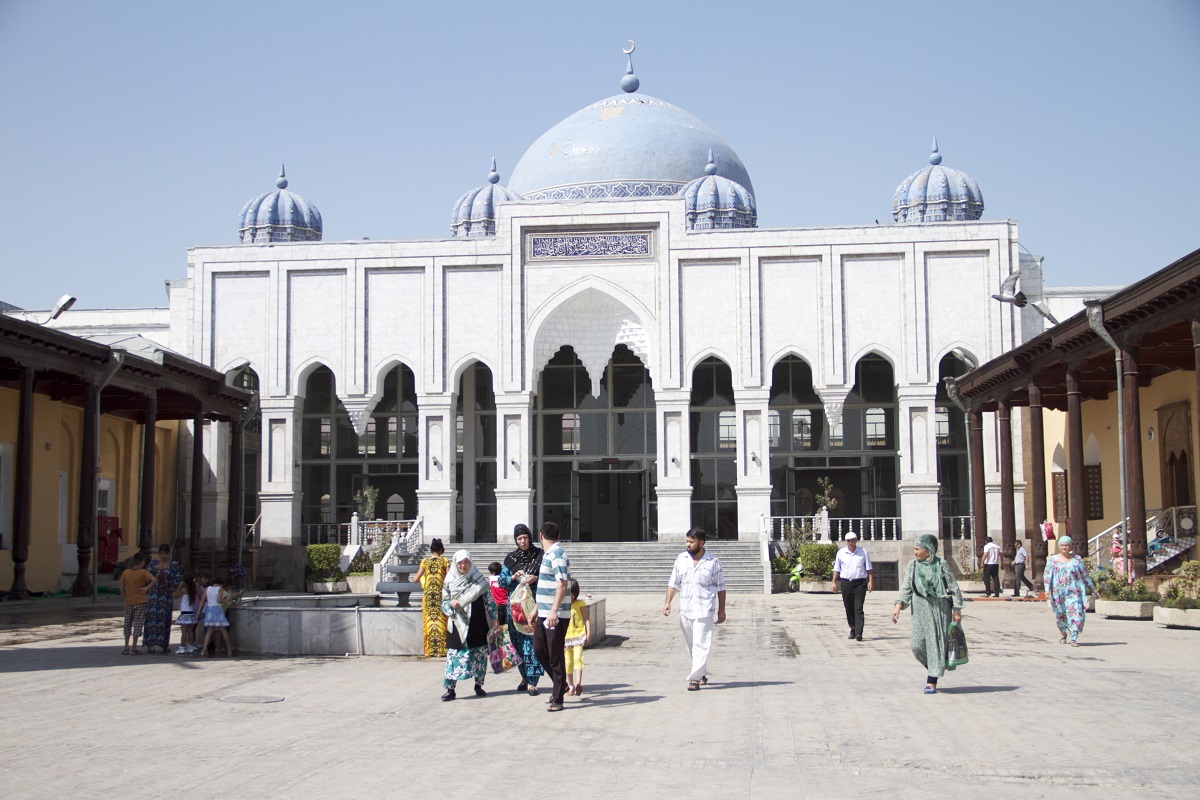In search of the enemies of the state
Following the collapse of the Soviet Union and the resulting ideological vacuum, Islam found new ground in Central Asia. Formerly oppressed religious groups began to mushroom with the help of Saudi, Turkish and Iranian funds flowing into the region in support of brothers in faith. Tajikistan, located in the contentious area adjacent to the Afghan border, is considered one of the most religious countries in the post-Soviet Central Asia region. It has a Sunni majority adhering to Hanafi mazhhab and a small minority of Pamiris following the Isma’ili branch of Islam. Religious leaders have played a very important role here and religious families are part of the local aristocracy, influencing both the formal power structure and society. Apart from the mainstream “clergy” (theologians, imams, mullahs), Tajikistan has a network of semi-formal spiritual leaders, including Sufi masters, vagrant mullahs, healers, clairvoyants, as well as female religious leaders (bibi otun/bibi khalifa) who conduct various religious and spiritual services.
Today, however, religion is being pushed to the margins of the public life. Religious and spiritual leaders have become enemies of the system, which mirrors some of the bleakest periods of the Soviet era.
October 31, 2017 -
Anna Cieślewska
-
Issue 6 2017MagazineStories and ideas

Photo: Agnieszka Pikulicka-Wilczewska

































